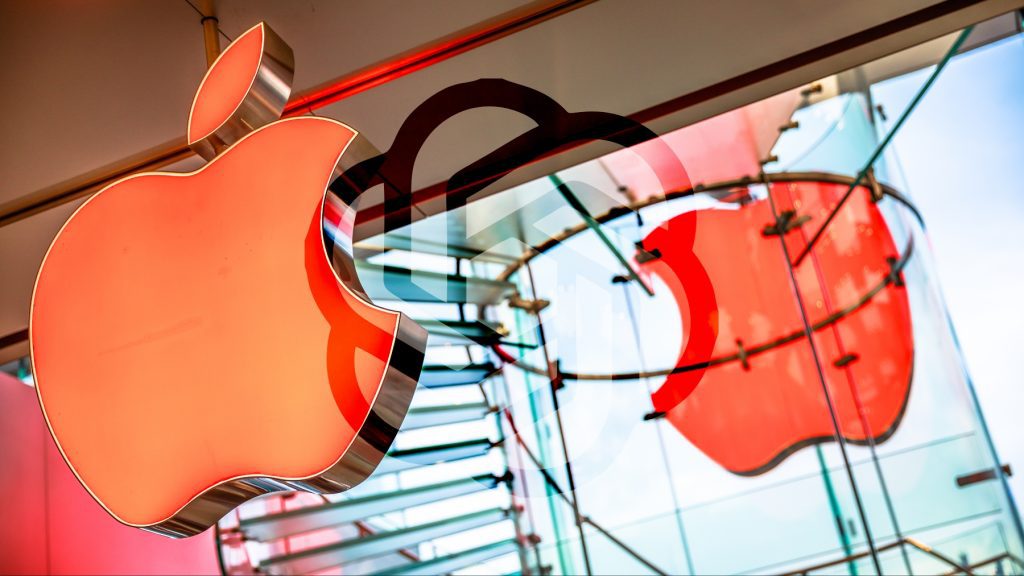
China and the EU are not very receptive to Apple’s personal Intelligence system, Apple Intelligence.
- The system utilizes ChatGPT for certain features, which is banned in China.
- The EU Digital Markets Act enforces interoperability on Apple which believes that it’s endangering user privacy and safety.
Apple’s personal intelligence system faces problems as it deals with China’s ChatGPT ban and the EU’s Digital Markets Act, possibly delaying its release for those regions.
Apple recently announced its Apple Intelligence, a personal intelligence system built into Apple devices running iOS 18, iPadOS 18, and macOS. Instead of building its own AI system, like everyone was expecting, the tech giant decided to assimilate other companies’ AI technology into its devices. As a result, it partnered with the Microsoft-backed AI startup OpenAI over the implementation of OpenAI’s flagship AI, ChatGPT. They’ve also been in talks with several other companies, including Meta, Perplexity, Google, and other AI companies.
However, not everything will be smooth sailing for Apple’s personal intelligence system as it tries to cross the pond to the EU and China.
China and ChatGPT
China has issues with ChatGPT, which is mostly centered around propaganda and sensitive content. The Chinese government was worried that the American AI would spread misinformation detrimental to the country. Besides, China is renowned for exercising strict control over foreign websites and applications on its soil. These preferences do come in the way of business at times.
Samsung, for example, recently launched its Galaxy AI series, which relies on Google Gemini for all its AI-related features. Now, for a multitude of reasons, including certain Google services being restricted in China, Samsung opted to go with Baidu, the leading Chinese search engine and AI provider.
Apple now finds itself in a similar situation, as China will not allow its personal intelligence system to operate unless it’s powered by an AI other than OpenAI’s, preferably Chinese.
This situation could have been avoided had Apple built its own proprietary AI. Instead, the tech giant is stuck between a rock and a hard place. It either equips its system with a Chinese provider from the government’s approved list, or bids the country and any hope of increasing iPhone sales in China farewell.
Europe and the Digital Markets Act
Apple’s troubles don’t end at the Chinese borders. Its personal intelligence system is facing regulatory challenges in the European Union as well. According to Apple’s statement to CNN, the EU’s Digital Markets Act (DMA) brings many “regulatory uncertainties” to the table.
“Specifically, we are concerned that the interoperability requirements of the DMA could force us to compromise the integrity of our products in ways that risk user privacy and data security,” the statement reads. The Big Tech company assured its users it’s working with the EU to come up with a solution.
Proprietary AI
When AI companies started coming up with their own systems, everyone expected that Apple would do so as well. It was the least likely company to rely on another party’s technology since it has spent all its life in a closed ecosystem. To everyone’s surprise, Apple’s personal intelligence system is an agglomeration of other companies’ AI systems, starting with ChatGPT.
But had Apple actually launched its own ‘purebred’ AI, it probably wouldn’t have found itself in that situation with China. It would have given it much more control over the technology and allowed it to better navigate the regulatory climate in China as well as the EU.
Final Thoughts
Regional issues like these are now becoming increasingly common as governments become more conscious of holding Big Tech companies accountable as well as realizing how protecting their domestic products benefits them in the long wrong. Nonetheless, Apple has a litany of things to figure out if it’s going to debut its personal intelligence system in those parts of the world.
Inside Telecom provides you with an extensive list of content covering all aspects of the tech industry. Keep an eye on our Tech sections to stay informed and up-to-date with our daily articles.